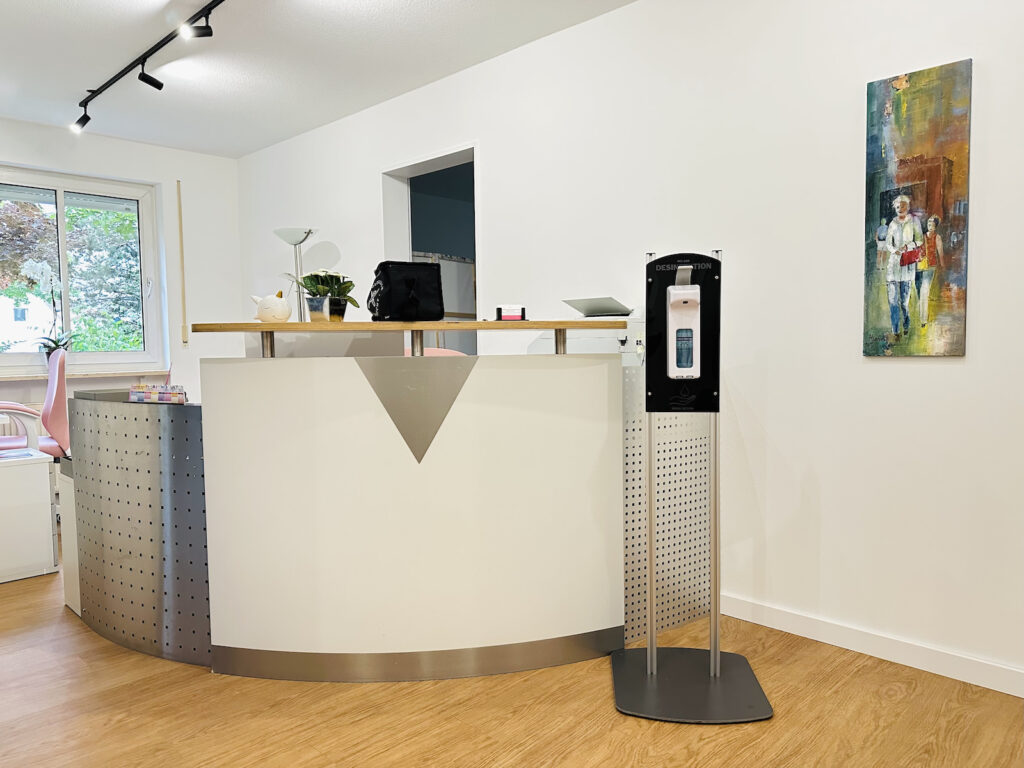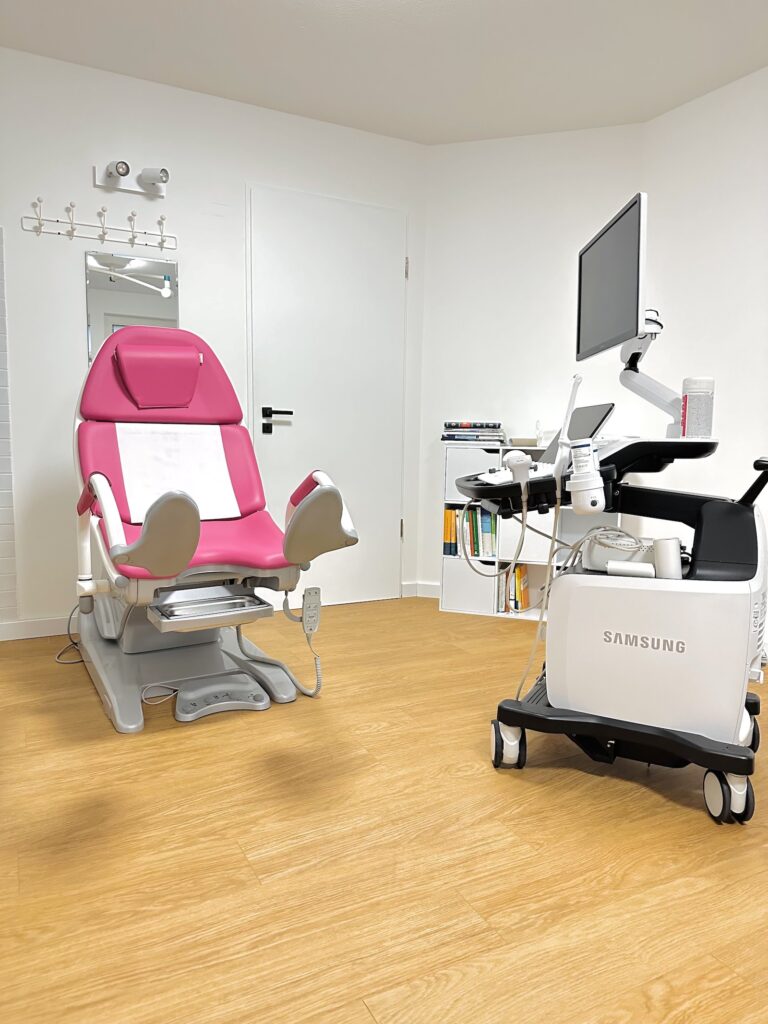Contraception
Your key to self-determined family planning. With us you will receive comprehensive, individual counselling and a selection of modern contraceptive methods. Plan your future with confidence and security.
Contraception - A key to freedom of choice
Contraception enables women and couples to plan their families in a self-determined and responsible way. There are a variety of contraceptive methods that take into account different needs and life circumstances. From barrier methods such as condoms and diaphragms to hormonal contraceptive methods such as the pill, the contraceptive ring or intrauterine devices (IUDs), there are numerous options to avoid unwanted pregnancies and protect your sexual health.


Our approach to prevention
We understand that choosing the right contraceptive method is a very personal decision. Our job is to support and advise you by providing you with a comprehensive, individual consultation. With us, you will receive a thorough medical examination that includes detailed information about the different contraceptive methods and clarifies any concerns or questions you may have. Our aim is to help you make an informed and self-determined decision that best suits your needs and circumstances.
Our range of contraceptive options
In our practice we offer a wide range of contraceptive methods, including barrier methods, hormonal contraception, IUDs and emergency contraception. We also offer advice on natural family planning and sterilisation. Our specialists are always up to date with the latest research and technology and are able to give you comprehensive advice on the advantages and disadvantages of the various options.

Frequently asked questions
Our practice focuses on your health and well-being.

What contraceptive methods do you offer in your practice?
We offer a wide range of contraceptive methods, including hormonal contraceptives such as the pill, the patch and the contraceptive stick, barrier methods such as condoms and diaphragms, and intrauterine devices (IUDs).
How safe are the different contraceptive methods?
The effectiveness of contraceptive methods varies, with some methods such as IUDs and hormonal contraceptives being more effective than others. It is important to note that no contraceptive method is 100% effective and that correct and consistent use contributes to effectiveness.
Can I change my contraceptive method if I am not happy with my current one?
Yes, it is perfectly possible and normal to change your contraceptive method. If you have concerns about your current contraceptive method, please talk to us so we can help you find the best option for you.
What are the risks and side effects of hormonal contraceptive methods?
Like all medicines, hormonal contraceptives can have side effects ranging from mild symptoms such as nausea and weight gain to more serious risks such as blood clots. We will thoroughly inform you of all potential risks and side effects before you choose a contraceptive method.
Do you offer emergency contraception advice and support?
Yes, we offer emergency contraception advice and support. If you think your normal contraceptive method has failed or if you have had unprotected sex, please talk to us as soon as possible.
How do the different hormonal contraceptive methods work?
Hormonal contraceptives usually work by preventing ovulation, making it difficult for an egg to be fertilised by sperm and/or changing the lining of the womb so that a fertilised egg cannot implant.
What non-hormonal contraceptive methods are available?
Non-hormonal contraceptive methods include barrier methods such as condoms and diaphragms, copper IUDs and natural family planning methods.
Can I get pregnant immediately if I stop taking hormonal contraceptives?
Yes, it is possible to get pregnant quickly after stopping hormonal contraceptives, although for some women it can take a few months for their natural cycle to return to normal. If you are trying to get pregnant, please talk to us so that we can advise and support you accordingly.
What should I do if I think my contraception has failed?
If you think your contraception has failed or you have had unprotected sex, please contact us as soon as possible. We can give you information and advice on emergency contraception and help you consider your options.
Can I use contraceptives if I am still breastfeeding?
Yes, certain contraceptive methods can be used safely during breastfeeding. However, it is important that you discuss this with us so that we can find the safest and most effective method for you and your baby.